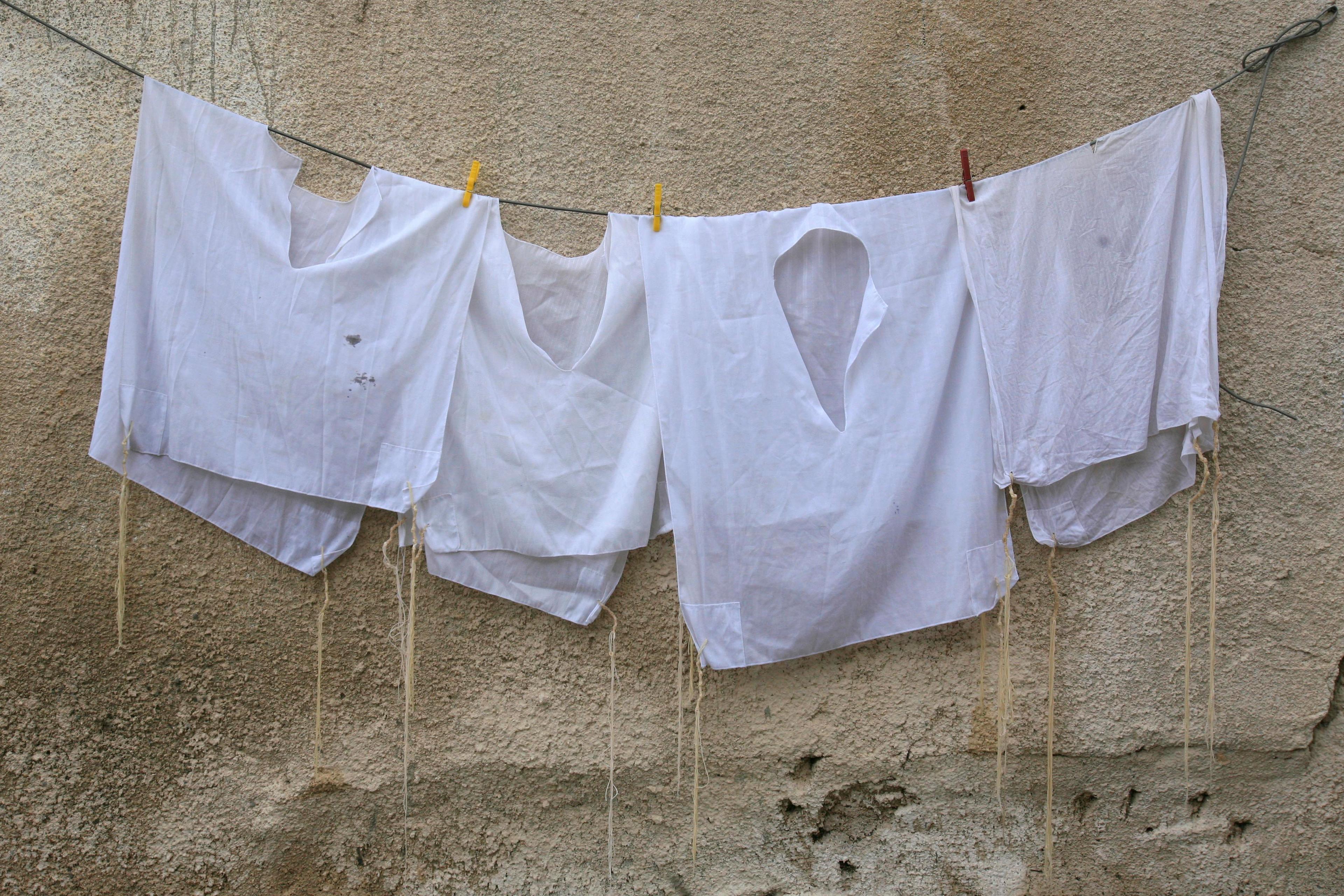Halacha for our times
Can women tie Tzitzit? Ancient debate meets modern crisis
As with all issues and questions of Halacha, it is always best to ask your LOR (Local Orthodox Rabbi).

As Israel's war continues, an unprecedented religious development has emerged: women are now permitted to tie tzitzit (ritual fringes) for IDF soldiers, following a special ruling by Rabbi Asher Weiss that addresses the current emergency situation (eit tzarah).
The issue touches on a centuries-old halakhic debate.
The Talmud (Menachot 42a) discusses who may tie tzitzit, with Tosfot noting that while non-Jews are explicitly excluded, women may be permitted. However, Rabbeinu Tam argues that anyone exempt from a mitzvah should not prepare it for others.
The Shulchan Aruch (Orach Chaim 14:1) takes a clear position: women are permitted to tie tzitzit, provided they have the proper intention (lishma), and their declaration of having this intention is considered trustworthy. This ruling follows earlier authorities including Tosfot (Menachot 42a) and the Rosh (Tzitzit 13).
However, a significant number of later authorities rule differently. The Rama (OC 14:1) holds that women cannot tie valid tzitzit, based on the Maharam miRotenberg's interpretation of "Bnei Yisrael" as specifically meaning men. This stringency was widely accepted by both Ashkenazic and Sephardic authorities, including the Ben Ish Chai and Kaf HaChaim. This position is held by many prominent poskim including:
- Maharam (cited in Hagahot Maimoniot)
- Rabbeinu Tam (Gittin 45b, brought in Taz 14:1)
- Artzot Hachaim (14:1, cited in Mishnah Berurah 14:4)
- Kesav Sofer (1)
- Maharsham (8:7)
- Daas Torah (14)
- Meishiv Davar (1/47)
The Shulchan Aruch HaRav provides a practical synthesis of these views:
1. The baseline ruling follows the permissive opinion that women's tying is valid
2. Nevertheless, it's preferable initially to follow the stringent view
3. If a woman has already tied tzitzit with proper intention (lishma), they are considered valid
Contemporary practice generally follows the more stringent approach, preferring that women not tie tzitzit since they are exempt from the mitzvah themselves.
The current ruling follows the view of the Aruch HaShulchan, who characterized the prohibition as merely a stringency rather than strict law. Given the emergency situation and overwhelming demand from both religious and secular soldiers, authorities have determined that the pressing need overrides the traditional restrictions.
Rabbi Weiss's ruling specifically addresses the current crisis, recognizing that thousands of soldiers are requesting tzitzit, viewing them as both spiritual protection and a connection to Jewish tradition.
Some poskim have suggested that ideally an adult male ties the first double knot of the tzitzit (see Elyah Rabbah, Orach Chaim 14:1).
The Jewish Press and Ohr Torah Stone contributed to this article.